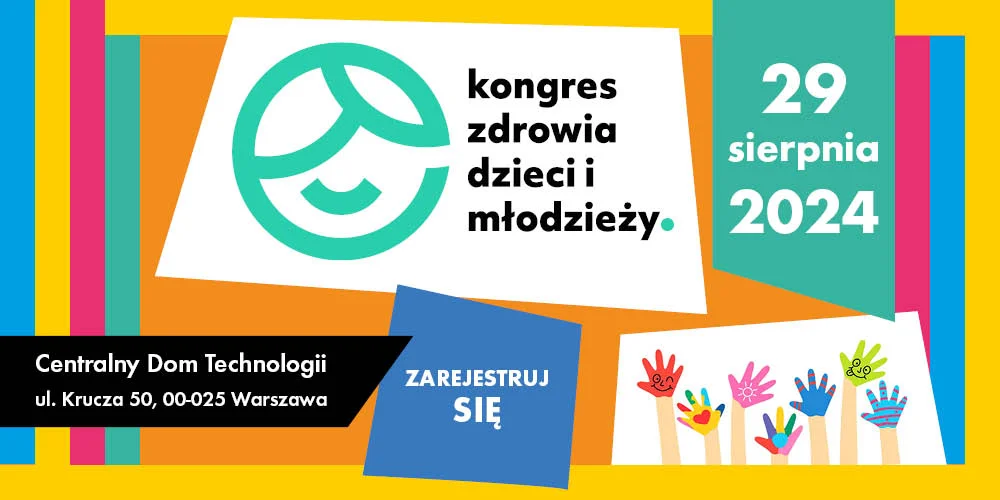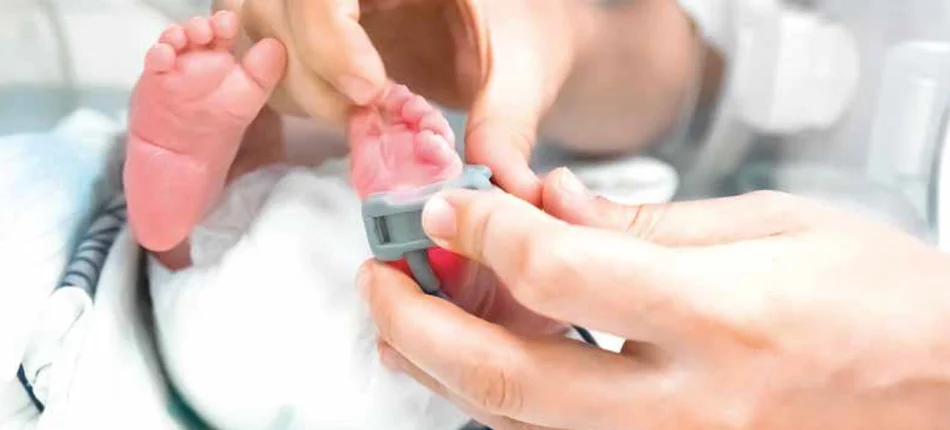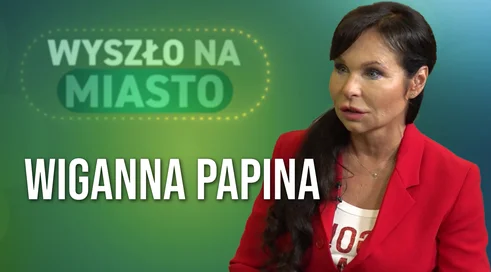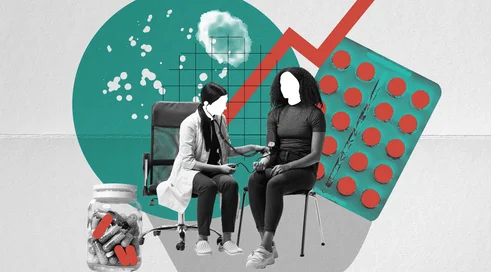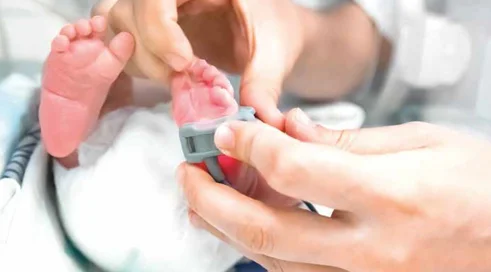According to WHO estimates, each year, as a result of preterm birth, intrauterine growth restriction or both, several million babies are born prematurely (before the end of the 37th week of pregnancy), and more than 20 million with low birth weight (LBW), less than 2.5 kg. In 2020, 13.4 million of them were born (22,510 in Poland in 2022, according to the Central Statistical Office), and about 1 million died from complications. Premature birth rates worldwide have not changed over the past decade. Armed conflicts, climate change and COVID-19 are increasing the risk of prematurity. According to the Born Too Soon report (publ. June 2023), the number of babies born too soon between 2010 and 2020, as estimated by WHO and UNICEF, in collaboration with the London School of Hygiene and Tropical Medicine - is 152 million.
Extremely immature premature babies require comprehensive care, including modern technology, to survive. Most often - long-term specialized care and rehabilitation to compensate for developmental differences, including: delayed speech development, cognitive dysfunction. In a premature baby, immaturity of organs and systems can be associated with the occurrence of complications: bronchopulmonary dysplasia, retinopathy of prematurity, hearing loss, cardiac or neurological problems. Researchers from the British Universities of York, Leeds and Leicester, in a meta-analysis of data on some 8 million children from more than 75 studies from around the world, found that each pregnancy shortening by a week increases the risk of developmental disorders, most commonly with: speech delay and learning difficulties. Infants born between 32 and 33 weeks have a 14 times higher risk of cerebral palsy than those born on time. Researchers speculate that disruption of ce...
Content locked
To gain access to the complete English section of the Medexpress.pl, kindly reach out to us at [email protected].




